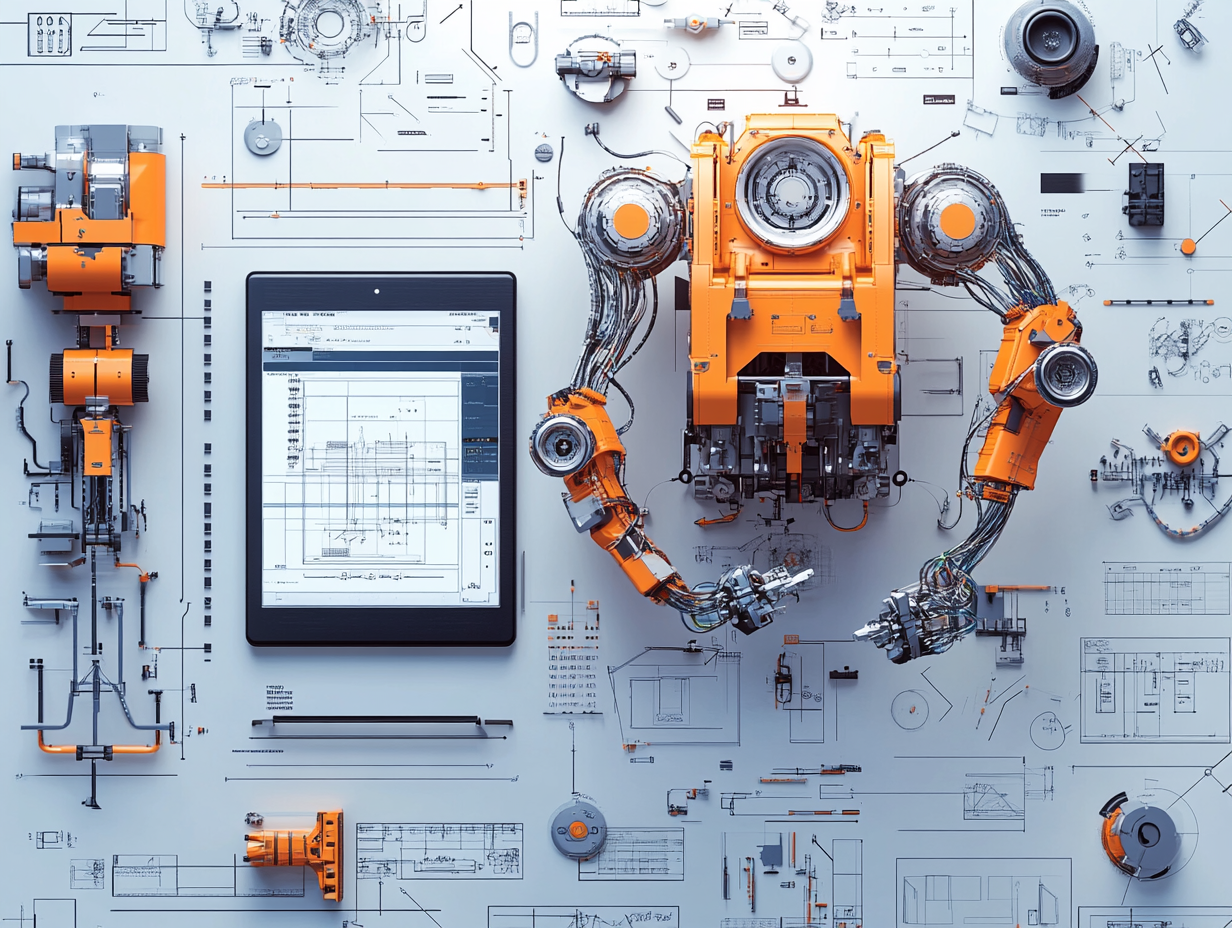Autonomy and Control
Decision-Making in AI
- Autonomous Systems: Self-driving cars, drones, and other robots that operate without human intervention.
- Ethical Dilemmas: How should a self-driving car react in an unavoidable accident scenario?
Responsibility
- Accountability: Determining who is responsible for AI actions; the developer, user, or the AI itself.
- Legal Implications: Laws are evolving to address liability and accountability in AI.
Privacy and Surveillance
Data Collection
- Personal Information: AI systems often collect and analyze user data.
- Consent: Ensuring individuals are aware of and agree to data collection.
Surveillance Technology
- Facial Recognition: Used for security but can infringe on privacy rights.
- Government Use: Balancing national security with individual freedoms.
Bias and Fairness
Algorithmic Bias
- Definition: AI systems may reflect biases present in their training data.
- Examples: Biased hiring algorithms or facial recognition systems with higher error rates for certain groups.
Mitigation Strategies
- Diverse Data Sets: Using varied data to train AI systems.
- Transparency: Making AI decision-making processes understandable.
Human-Robot Interaction
Emotional Attachment
- Social Robots: Machines designed to interact with humans emotionally.
- Ethical Concerns: The impact of forming attachments to robots, especially for vulnerable individuals.
Human Replacement
- Job Displacement: Automation leading to unemployment in certain sectors.
- Societal Impact: The need for re-skilling and education to adapt to changing job markets.
Global Ethical Standards
Asimov’s Three Laws of Robotics
- Fictional Framework: Guidelines proposed in science fiction to govern robot behavior.
- Limitations: Not practical for real-world application but spark important discussions.
International Guidelines
- IEEE and UNESCO: Organizations working on ethical standards for AI and robotics.
- Government Policies: Regulations like the EU’s GDPR protect individual rights in the digital age.
Your Role in Ethical AI
Education and Awareness
- Stay Informed: Keep up with technological advancements and their societal implications.
- Critical Thinking: Question how AI and robotics should be developed and used.
Active Participation
- Voice Your Opinions: Engage in debates and discussions about AI ethics.
- Innovate Responsibly: If you pursue a career in technology, prioritize ethical considerations.
Conclusion
The ethics of AI and robotics is a complex but vital field. As these technologies become more integrated into our lives, understanding and addressing ethical challenges is crucial. By engaging with these issues now, you can help shape a future where technology benefits everyone.

